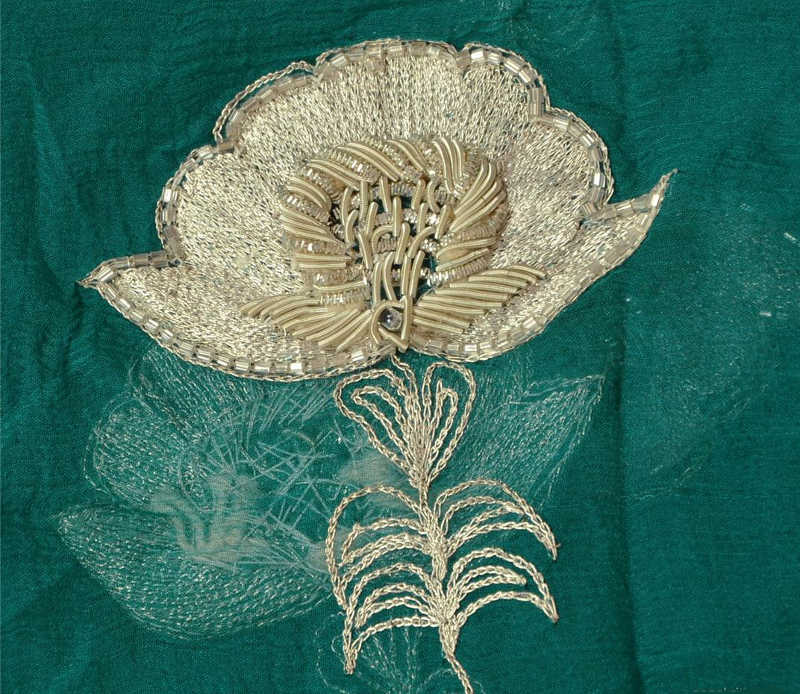===
0485,
9
===

=== |
 |
sārī : 'Passing; flowing; circulating; extending (to); penetrating, pervading; infecting, contagious.' (Platts p.625)
FWP:
SETS
MOTIFS
NAMES
TERMS == LINE; METAPHOR; METER; PEN-NAMEOn the special status of this ghazal, see {485,1}.
What fascinates me is SRF's observation that the key to the verse is the power of that initial, vocative 'Mir', such that without it the verse would be far less hypnotically compelling and seductive. I can't see why this should be the case, and yet it does somehow seem to be so. What excellent food for thought! Is the effect semantic, is it phonetic, is it rhythmic, or some combination of them all?
Part of it is, I think, a rhythmic effect that includes not only 'Mir' but nīm-bāz as well, and is generated by a skilful collaboration with the meter. The (extremely short) meter goes like this: = - = = / - = - = / = = . And here's the pattern: MII-r UN NII-m BAA-z AA;N-KHO;N ME;N . 'Mir', 'niim' , and 'baaz' all have the same structure: a long syllable containing a long vowel, followed by a consonantal short syllable. The reciter can hardly help prolonging those long vowels, before the words must finally be cut off by their stubby little consonants. The sensuous lingeringness of nīm-bāz in particular would not be easy to replicate with any other arrangement of words. As the tongue lingers over it, the mind seems to caress it too.
In the case of nīm-bāz , those 'half-open eyes' (or of course 'these', if you prefer) also have a considerable power of ambiguity, since they are liminal in so many ways. The beloved seems to be poised between sleep and wakefulness, between unconsciousness and awareness. Perhaps she even maintains that poise deliberately (is she faking half-sleep?), or for long periods (does she habitually keep her eyes half-shut, for the sultry and sensuous effect?).
It's also possible that she herself is intoxicated, so that the wine-like intoxication can be seen literally 'in' her own eyes, rather than being created 'in' the observer of the eyes who then starts to feel his own head spin. Or she could be intoxicated not exactly by wine, but by something else (some mischievous plans? some erotic reverie?), so that the intoxication in her eyes is only 'like' that of wine.
SRF notes that 'the word sārī too supports the effect of amazement and revelation'. It does, and it also makes us feel how substantial an amount of the 'intoxication' there must be-- 'all' the intoxication, from eyes only 'half' open. And the Persian meaning of sārī (see the definition above) adds a further lovely touch of wordplay.